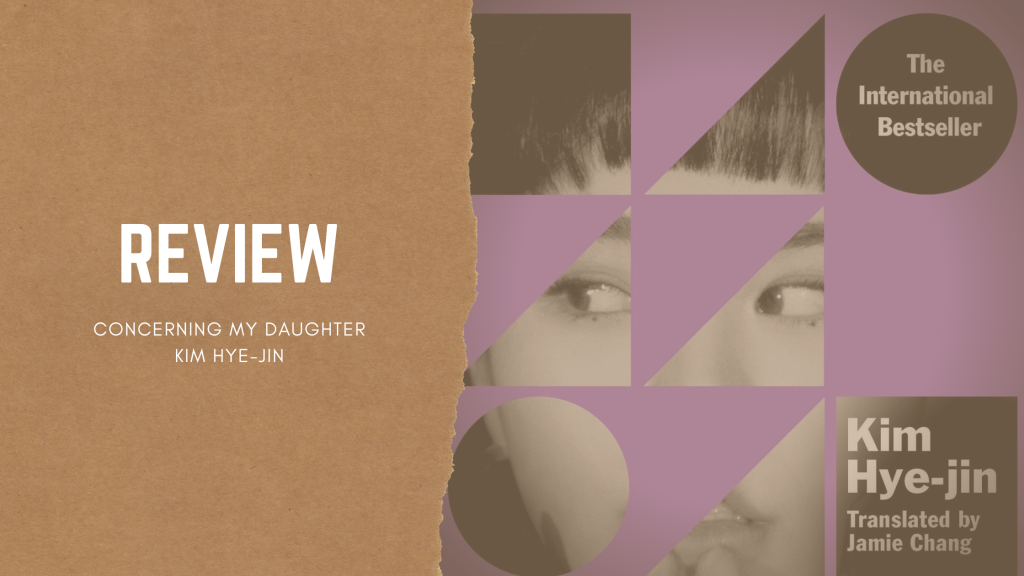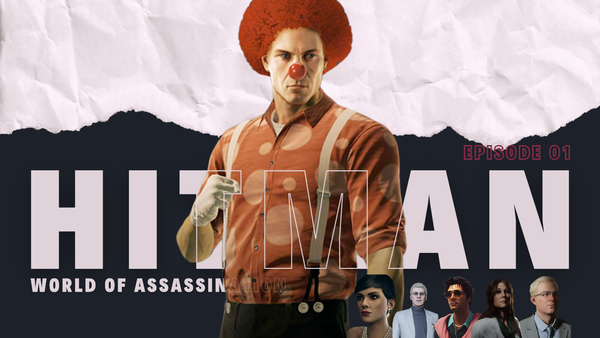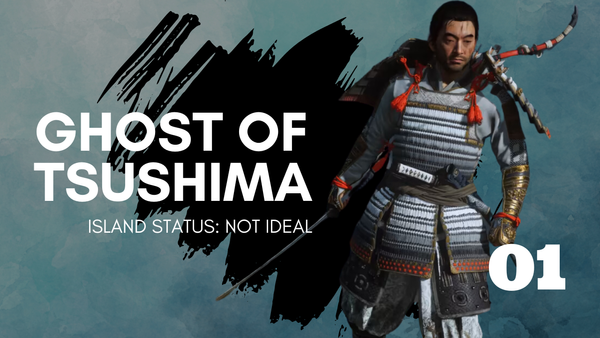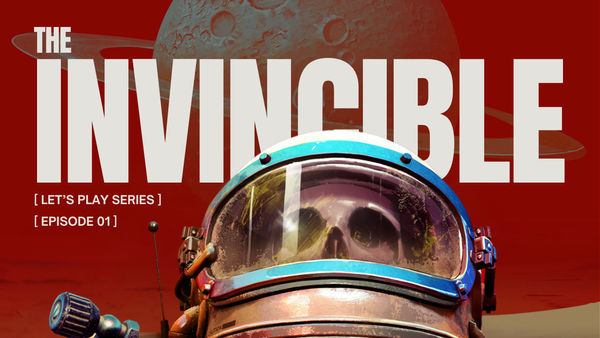Concerning My Daughter — Kim Hye-Jin | Review

I can hardly believe that these words that had sunk deep inside me are surfacing and coming out through my own lips rather than resting heavily all the way to my grave.
— Mother, Concerning My Daughter
Recently I’ve been very taken with My Sister, The Serial Killer by Oyinkan Braithwaite and Concerning My Daughter by Kim Hye-Jin. I’ve talked about the latter elsewhere; it’s definitely not light reading. The mother’s prejudice against her daughter’s homosexuality as a symbol of her rejection of “a good, normal life” as rewarded by Korean culture is difficult to read and really the only thing that made me stick it out was knowing from the get-go — it’s in the blurb, possibly for exactly this reason — that she’s going to grow past it. For some readers, this may be where catharsis lies either because their own parents did or didn’t make it that far.
Either way, I was reminded of a moment in Christina C. Jones’ Something Like Love where (minor spoilers ahead), at a family gathering, Astrid is ready to pick up arms and go toe-to-toe with Eddie’s father. He holds her back and explains that, for his dad, the mildly offensive thing he just said is progress. At several points in the story, I was expecting Green and Lane to pick up and leave, no matter the fact that they’re broke and can’t really afford to go anywhere else. Green would have been justified to disown her mother rather than the other way around, and it’s clear she doesn’t stay for love or hoping that her mother will change. She stays because she has no way out. The fact she doesn’t isn’t a silent condoning of her mother’s words and actions, nor is it the author arguing that children have to remain in abusive relationships with their parents because they are their parents and they owe them.
I don’t want to spoil too much about Concerning My Daughter in this review, but I want to be clear about what it felt like reading it, so that any reader of this review may have a clear idea of its contents. So while I won’t obfuscate, please forgive some occasional vagueness.
With Green’s mother, the fact that her daughter is gay is, in and of itself, rarely the actual problem. As part of Korean culture, she herself explains, the problem is children not living “an ordinary life” — getting married, having kids, which makes them eligible for a good job because heterosexist standards and family models are literally being rewarded with better opportunities. Another element is Green’s activism: it’s not the point whether the university administration is in the wrong for firing lecturers for being queer and teaching students that, well, queer people exist; her mother cannot fathom why she gets involved in other people’s business. She sees social justice language and activism as abusive; manipulating others with words so that dissent is impossible — see Western transphobia arguing that pronouns are ‘compelled language’ and that ‘the woke mob’ is intolerant and close-minded for being steadfast in their beliefs and not letting hateful speech take up space. Green’s mother does not see — or doesn’t want to — that “dissent” is impossible only once one accepts the tenet that all humans are created equal and deserve to live the way they wish to.
The novel is not written from the gay daughter’s perspective, which I think is it’s strong point. If written from Green or Lane’s POV, people might say it’s made up, ‘wanting to be oppressed’ when all their parents do is love them and they’re just being stubborn. But since it’s written from the mother’s POV, all those monstrous thoughts are real. Thinking of killing her child and herself, of killing Lane in an effort to get rid of the “corrupting influence.” The mother’s account is a grim, detailed, open depiction of the logic that leads a parent to being so hateful toward their own child — it’s simply an exploration of the chain of arguments (which we often refer to as mental gymnastics) in an effort not to explain, but to reveal — her prejudices, her fears.
It’s not a humanisation of evil in that it isn’t ‘rooting for’ the mother, even if she’s the protagonist. The novel doesn’t want the reader to sympathise with the horrid, hateful things she thinks and says. It’s when she breaks the mold she’s lived in all her life, to think, “This is unfair,” about something that is happening to another person for the first time; when she gets involved more than she should to right a wrong, that’s the turning point. And there’s no expectation of forgiveness from the reader. The story simply is. At no point would anybody claim the mother is misunderstood: she makes herself perfectly clear. There is no justification. Green and Lane are at no point compelled to try and change her mind. Of course they both try to talk to the mother, Green does try to reason with her, but the novel doesn’t place the responsibility of the mother’s change of heart on her daughter.
This story is going to be triggering — everyone should go into this equipped with the knowledge of what’s discussed: the mother thinking about committing murder-suicide (or plain murder), coercion and emotional abuse, homophobic prejudice. In the hospital where she works, there’s frank discussions of elder abuse (both as committed by other institutions and that hospital itself). Other potentially triggering topics include character death, the fear of death and ageing without dignity.
This story may be cathartic for queer people with difficult relationships (or no relationships at all) with their parents or extended family. It may be cathartic to see it turn out for the better. This story may help parents or family struggling with exactly these prejudices make progress.
Discourse around stories like this is invariably going to include people saying that this story shouldn’t have been written because there’s no value in stepping inside the mind of a homophobic person, or bigots in general. There’s some merit to the argument, but there’s a few things I want to say about this story in particular:
- No-one is compelled to like this novel. I will not fault anyone for simply not wanting to pick it up for personal reasons. I made my own choice to read it, and I would have given myself permission at any point to drop it if it got too upsetting.
- However, being made uncomfortable by this story is not an objective, factual statement of “this is wrong,” or “this is bad and shouldn’t exist.” No-one should be under the illusion that this is going to be an easy read. It’s not. But that doesn’t mean it shouldn’t exist.
- It works because it ends well — see my earlier point about catharsis. Otherwise there would be no growth, no arc, it would just be misery back to front. This is a hopeful story because if this is true, then hateful people can grow out of their beliefs. It’s not a fable about a daughter’s love overcoming those obstacles; the story does not place the responsibility on the marginalised to better their oppressors. It simply says, it can happen. There’s value in that, I think. How much, is up to each reader to decide.

Genre Literary
Narrative voice First person, fixed POV
Translation Jamie Chang
Content warnings Homophobic prejudice and abuse, death, ageing, medical elder abuse
Maturity rating 17+




